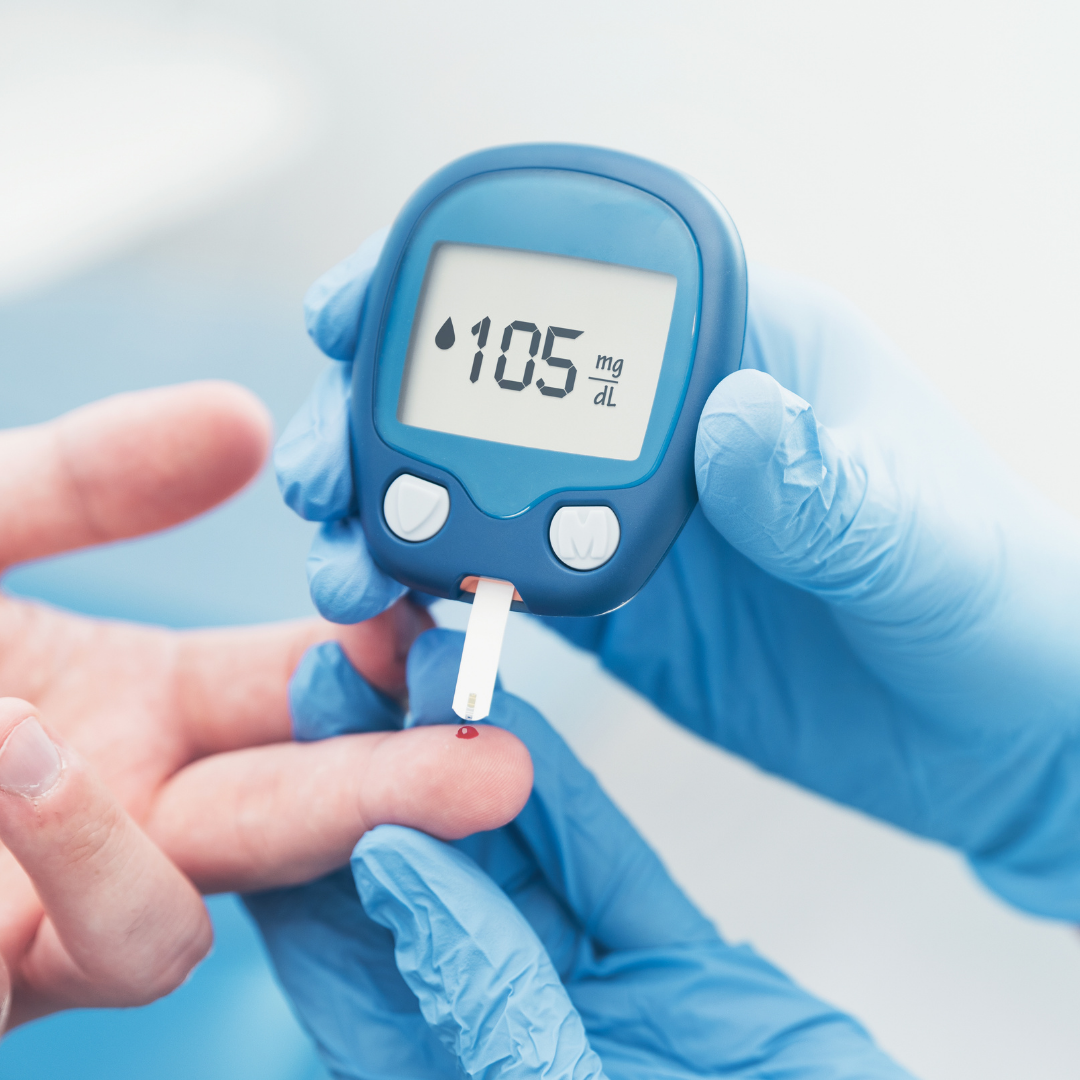Diabetes is a disease where your body either does not produce enough insulin to function properly or is not able to use the insulin as it should. Your body needs insulin to allow glucose to enter your cells so that your body can use it for energy. If you have diabetes, your body can’t use glucose for fuel. This causes your blood glucose, or blood sugar, to build up in your blood.
Your body can make glucose from certain foods. But the glucose your body makes is not the same as the glucose you get from food.
Diabetes is an extremely common disease. In fact, nearly 29 million Americans have been diagnosed with diabetes, and another 86 million live with prediabetes, which precedes diabetes. As a result, all of us need to be mindful of the warning signs and symptoms of diabetes, and if possible use something like a prediabetes app (visit the site to learn more) to keep track of our physical activity, diet, and blood glucose levels. Even better, get your blood tested at regular intervals for diabetes. This will help you know whether you need medication to remedy your disease. That said, a diabetes blood test kit (which can be sourced from bloodtest.co.uk and its likes) can look at the performance of your blood sugar levels over the last three months and let you know whether you are diabetes-free, in the pre-diabetic stage or suffering from Type 2 diabetes.
People with diabetes tend to get frequent infections because the high glucose levels in the blood prevent white blood cells from doing their job well. High glucose levels can also stop wounds from healing. In addition, diabetes patients are more prone to developing plaque buildup in their arteries, which can cause blood clots. To avoid this, people with diabetes might benefit from adding natural foods that tend to have blood-thinning properties to their diet. Prior to that, however, they must understand what are natural blood thinners. People with diabetes also have a higher risk of nerve damage than people without diabetes, which can cause numbness, tingling, and pain in the feet, lower legs, hands, and arms.
If you suspect that you or someone in your family is showing signs of diabetes, it’s important to see a doctor right away. Even a mild case of diabetes can cause serious health problems like kidney disease and blindness. The earlier you catch diabetes, the easier it will be to manage it and avoid long-term complications. As with any health issue, the sooner you are able to identify the signs, the easier it will be to prevent it from getting worse, but with a little understanding of what to look for, you can take steps to prevent diabetes for yourself or your family members.
What Are The Symptoms That You Should Look Out For?
The symptoms of diabetes usually develop slowly and may be difficult to notice. If you have diabetes, you can’t just “feel” your blood sugar level. But you can learn to recognize the symptoms of diabetes. Most people with diabetes have type 2 diabetes, which used to be called adult-onset or non-insulin-dependent diabetes. You have type 1 diabetes if you have diabetes caused by a problem with your body’s immune system.
Diabetes is a common health condition that affects how your body uses food for energy. There are two types of diabetes: type 1 and type 2. Type 1 diabetes is also called juvenile diabetes or insulin-dependent diabetes, and it usually begins in childhood. Type 2 diabetes is called adult-onset or non-insulin-dependent diabetes.
Diabetes can also lead to complications, such as erectile dysfunction. Even though you can easily buy tadalafil online or prescription medications by consulting with your doctor, many people don’t even realize they’ve got the disease until they’re diagnosed. While testing your blood sugar levels can be a good indicator if you have diabetes, you can also identify the symptoms of diabetes by looking out for clues in your everyday life.
If you’re unsure whether or not you have diabetes, you need to know the symptoms of diabetes. Here’s a rundown of the most important ones. You can use this information to keep track of changes in your body and make sure that you can visit your health care provider.
- frequent urination
- excessive thirst
- increased hunger
- unexplained weight loss
If you have had problems with any of the symptoms, you should contact your doctor for a checkup. The doctor might ask you to test your blood and urine to make sure that you don’t have diabetes but is better to be safer and get treatment than live with an undiagnosed disease.

